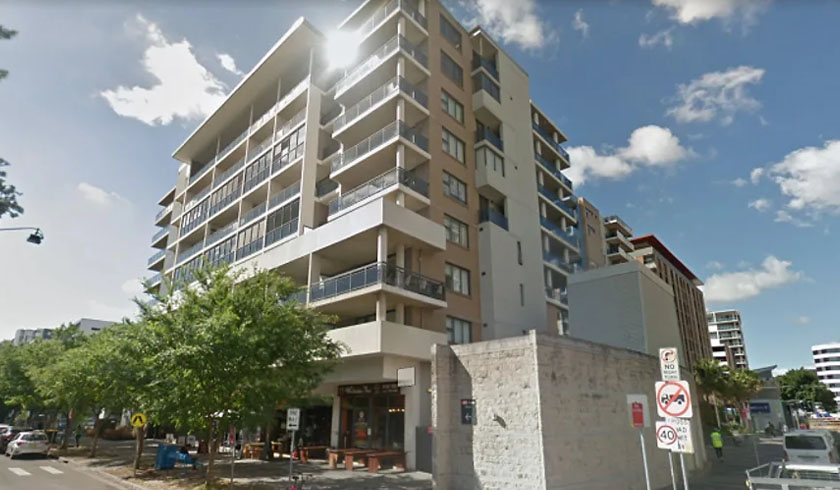The catches in landlord insurance that could cost you

The Mascot Towers situation has seen residents scrambling to find accommodation and investors missing out on revenue as the buildings have been labelled uninhabitable.
It is a situation that could take years to rectify, according to Sharon Fox-Slater, managing director of RentCover at EBM.
“Effectively, the building is cracking and sinking, and… each week, something different unfolds,” Ms Slater-Fox said.
“The property is effectively unsafe, so nobody can live there. Tenants have all been evacuated; they’ve only been able to take minimal belongings with them.
“Nobody really knows what’s going on in terms of what’s caused this. There’s been some views that it was to do with another building next door and some work that was going on there causing vibrations.”
Regardless, Ms Slater-Fox noted that it would be a difficult task to determine if the building next door did play any part of Mascot Towers’ current condition.
“They need to bring experts to really find the cause, but it could take years for them to get to the bottom of it,” she said.
Currently, NSW Fair Trading is handing out assistance for owner-occupiers and displaced tenants but is not providing assistance for landlords, which Ms Slater-Fox called unfair.
“Landlords still normally have mortgages and commitment to pay that, and so if the landlord doesn’t have a tenant that’s able to live in the property, some people could really struggle financially to make the terms of their loan,” she said.
Landlord’s insurance
If an investor does have landlord’s insurance, they could see some help in that avenue, but Ms Fox-Slater said it depends on the policy.
“Whilst most landlord policies are similar in that a lot of them cover malicious damage caused by tenants and rent default, this is obviously quite a different situation because the tenants haven’t deliberately defaulted on their rent, the tenants actually haven’t caused the damage to the property,” she said.
“There’s not really any insurance policies around that would actually cover you for structural defects, maintenance, building issues; they are all generally standard exclusions from policies.
“Whilst some policies might cover you for loss of rent, you might find that there’s been actually an exclusion because of the structural defects not been covered under the policy, so it literally will vary from insurer to insurer depending on the level of cover that you have.”
What isn’t insurable
Ms Slater-Fox added that investors should look out for landlord’s insurance policies that will cover for loss of rent unrelated to the landlord or tenant, which is something that some investors may not think is required.
“Lots of people just think, ‘I only need damage for loss of rent’, or, ‘If my property is damaged by a fire or something like that, I need subsequent loss of rent’, but they don’t think about those events that are completely outside the control of both the tenant and the landlord.”
Just like structural issues, mould is a case of something that is uninsurable.
“No insurers cover mould and the cause of mould can be anything, so it’s a pretty big risk. In the same way, insurers are aware that there are issues with the way that buildings are being put together or materials that are being used,” Ms Fox-Slater said.
When trying to locate the right cover, she added that it comes down to that the cheapest policy is not always the best policy.
“You need to make sure that you’ve got the right cover and sometimes that outright cover is a bit more expensive than the cheap and cheerful, but then you get more cover and you’re more likely to be covered for these sort of things,” Ms Fox-Slater said.
“That being said, they won’t cover general loss of rent when individual people can’t live in the properties because of an event like this.”

